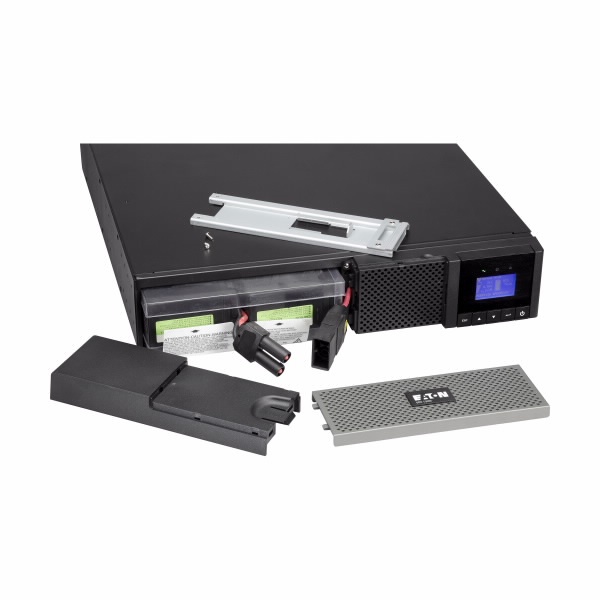Do power cuts disrupt both productivity and daily routines at home? Now, that’s why a power backup is essential. UPS systems ensure an uninterruptible power supply during such situations. Their performance depends on a strong and dependable battery. This battery acts as the core of a UPS power supply.
Are you thinking of investing in a UPS or looking into UPS battery replacements? Understanding the different types of UPS batteries can help you make the best choice for your needs. In this article, let’s check out the types of UPS batteries. Come, let’s get started!
1. Valve-Regulated Lead-Acid Batteries
It is also known as sealed lead-acid batteries. VRLA batteries are the most commonly used type in UPS systems. They are compact and cost-effective. It requires only minimum maintenance.
Pros:
- Low maintenance
- Reliable performance
- Widely available from UPS batteries suppliers
Cons:
- Limited lifespan (3–5 years)
- Sensitive to temperature fluctuations
If you are based in Queensland, many UPS battery Brisbane suppliers offer high-quality VRLA options suitable for both residential and commercial needs.
2. Flooded Lead-Acid Batteries
These are similar to VRLA models but require regular maintenance and monitoring. They are often used in larger and more industrial UPS battery systems where extended backup power is essential.
Pros:
- Long service life (up to 15 years)
- Cost-effective for large installations
Cons:
- Requires routine maintenance
- Needs proper ventilation due to gas emissions
These batteries aren’t suitable for home use. But they are a good choice for data centers.
3. Lithium-Ion Batteries
They are rapidly gaining popularity due to their amazing features such as high energy density, longer lifespan and lightweight design. They are commonly found in modern UPS battery backup systems where space and efficiency are key considerations.
Pros:
- Longer lifespan (10 years or more)
- Lightweight and compact
- Fast recharge times
Cons:
- Higher upfront cost
- May require special handling
Though their are costly, yet they offer a better value long-term. It is because of the fewer UPS battery replacements over time.
4. Nickel-Cadmium (NiCd) Batteries
These are not as common as lead-acid or lithium-ion batteries. NiCd batteries are known for their durability. In addition to that, they have a good ability to operate in extreme temperatures. They are typically used in specialized or industrial UPS battery systems.
Pros:
- Operates in a wide range of temperatures
- Long life cycle
- High tolerance for deep discharges
Cons:
- High cost
- Causes environmental concerns
Factors to Choose UPS Backup Systems
While many UPS battery suppliers are available, it’s important to consider a few key factors before making a purchase. Some of them include:
- Power requirements
- Battery type
- Backup duration
- Recharge time
- Lifespan and durability
- Maintenance needs
- Environmental conditions
- Budget
- Brand and warranty
- Space constraints
Final Thoughts
From this article. We hope you got to understand the different types of UPS backup batteries. Choose the right battery and make a smart strategy in your power protection strategy. Whether you are looking for UPS replacement batteries or latest options in UPS batteries Australia, there’s a solution to match your specific needs.


